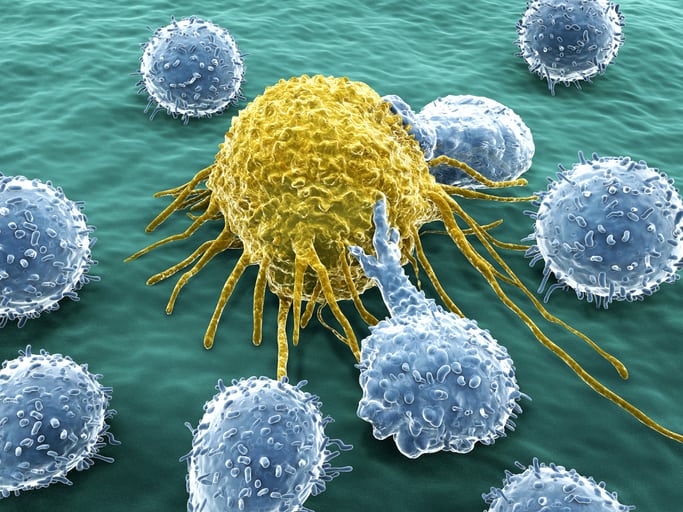Since the World Health Organization declared the COVID-19 pandemic in March 2020, the strain on healthcare services affected patients suffering from various comorbidities and added to the psychological burden. The study aimed to assess the health-related quality of life (HRQoL) and anxiety levels of pediatric Hematology/Oncology patients during the COVID19 pandemic and evaluate the association between anxiety levels and physical, emotional, and social aspects of HRQoL. A cross-sectional study was conducted on 292 children between 2.5 - 13 years with chronic hematological/oncological disorders. Pediatric Quality of Life Generic Core Scale and Spence Children’s Anxiety Scale were used for assessment of HRQoL and anxiety, respectively. Linear regression was performed to assess the association between background and COVID-19 related factors with anxiety level. Multivariate Analysis of Variance (MANOVA) was performed to assess the association between the three HRQoL dimensions with child anxiety and different independent variables. Transfusion-dependent patients had lower anxiety levels than patients receiving chemotherapy (B=-14.45, 95% CI=-21.94,-6.95).Children who were aware of the pandemic had lower anxiety scores than those who were not, while those suffering from canceled clinic days had higher anxiety levels (B=-8.66,95% CI=-14.86,-2.45, and B = 7.33,95% CI =1.22,13.45, respectively). Anxiety significantly reduced the three HRQoL domains (B=-0.36, 95% CI=-0.47, -0.24 for physical functioning, B=-0.45, 95% CI =-0.56, -0.33 for social functioning and B=-0.50, 95% CI=-0.63,-0.38 for emotional functioning). This study highlights the effect of the pandemic on the anxiety level and hence the HRQoL of chronic hematological/oncological pediatric patients for guiding policies and interventions to maintain their psychological well-being.
Impact of the COVID-19 pandemic on health-related quality of life and anxiety in pediatric hematology/oncology patients.


